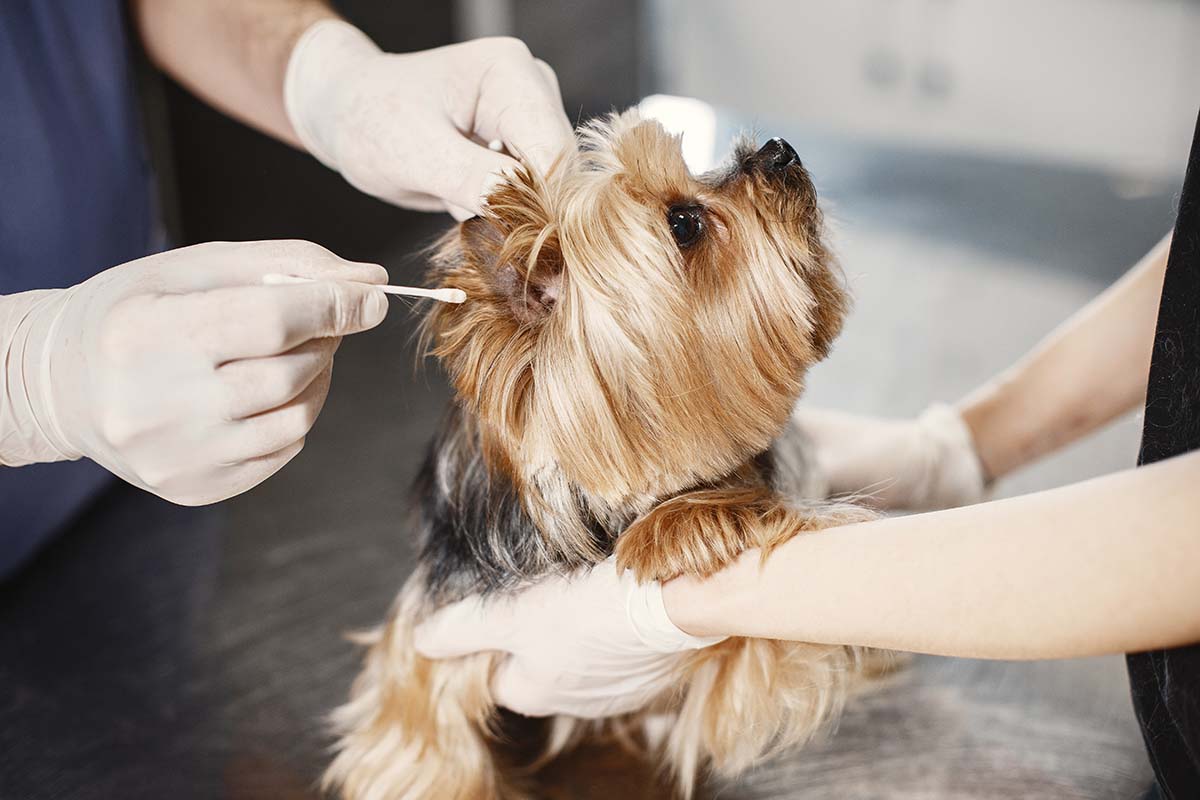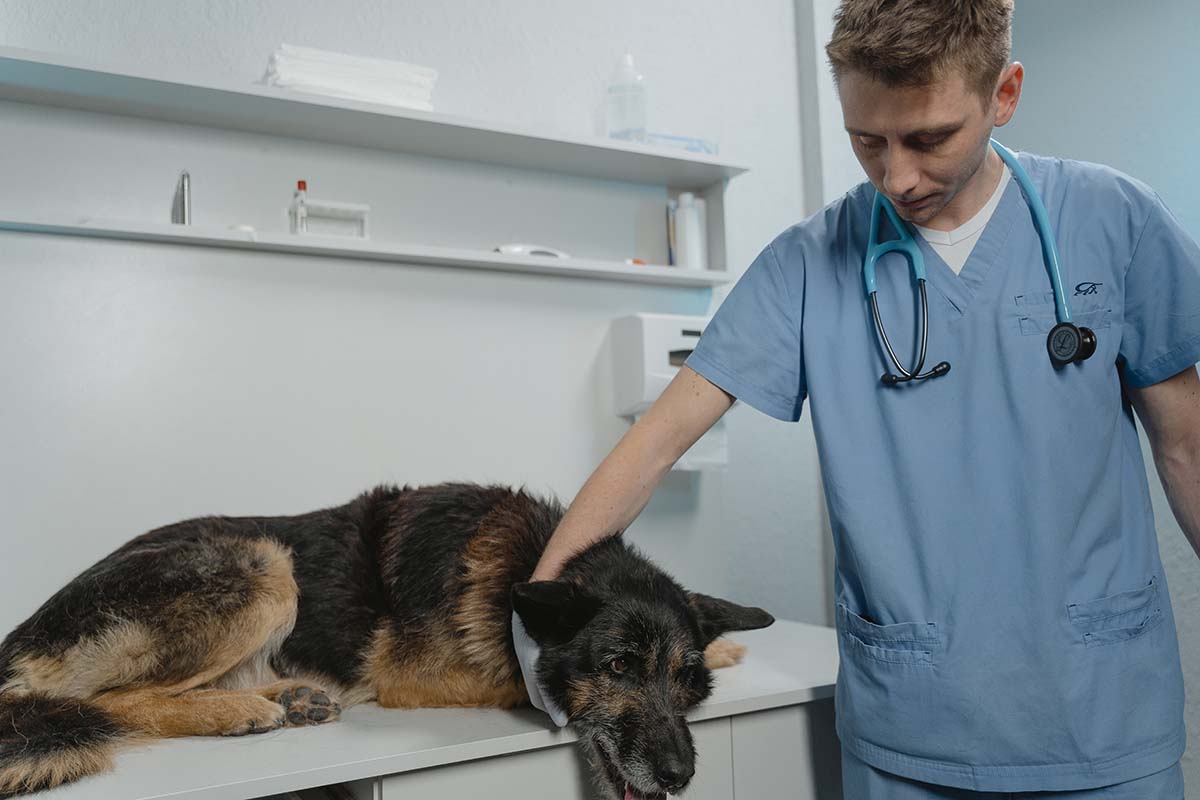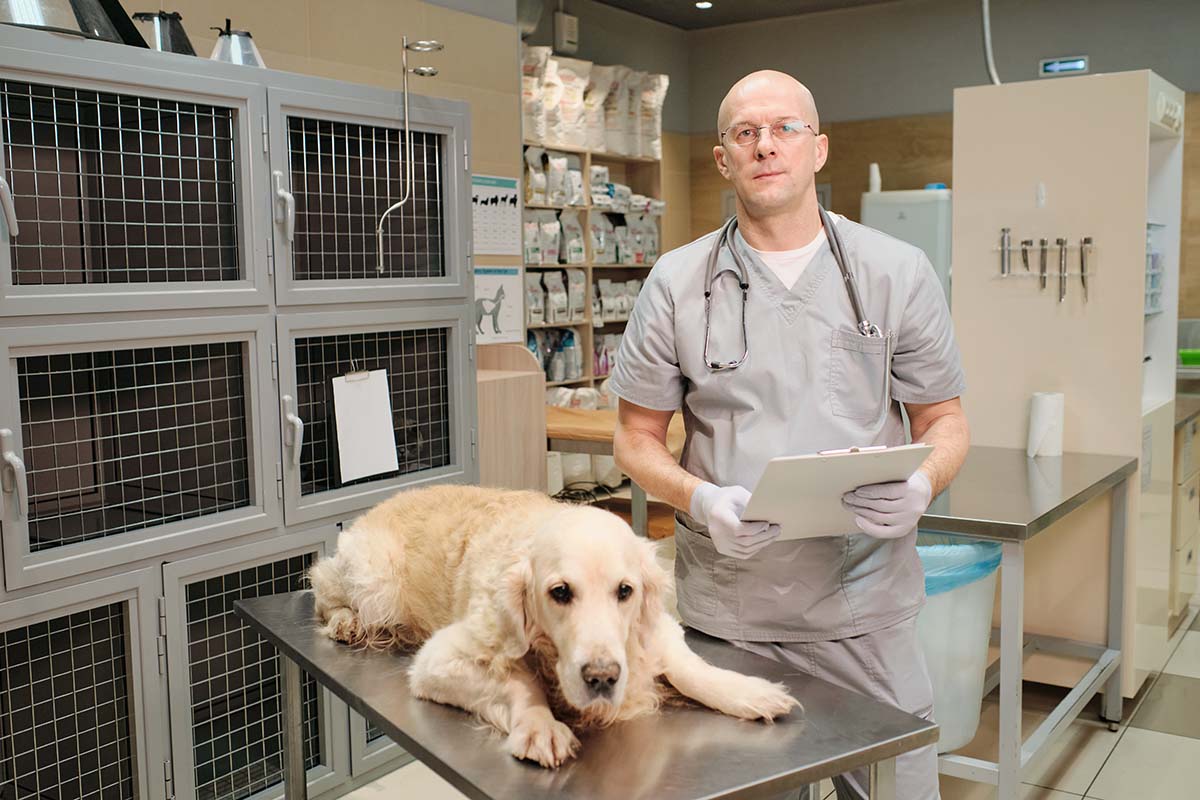If you’re the owner of a dog, there are times when your pet may not seem quite right. Dogs can be very stoic, so it can be difficult to tell if they’re sick or just lazy. Some signs are fairly easy to spot, while others will require a trip to the vet’s office before they’re apparent. If you spot these symptoms in your dog. Whether it’s one or all of them, then it’s time to schedule an appointment with their veterinary clinic.
Signs Your Dog Needs to See The Vet Immediately: A Dog That Has a Change of Personality
If you notice a change in your dog’s personality, it may be a sign that they are sick. A dog’s personality is affected by age and breed. For example, some breeds are known for being more aggressive than others. A puppy who is generally friendly could become aggressive if they catch the wrong scent or see another animal they don’t like. This would be considered an unusual behavior change.
Similarly, an adult dog that has always been aggressive around strangers could suddenly become friendly when meeting new people. This would also be considered an unusual behavior change because most dogs remain wary of strangers throughout their lives unless trained otherwise by their owners.
If your dog’s personality changes suddenly and dramatically, it could be a sign of illness. A change in behavior can also be a symptom of neurological problems, so if you notice that your dog has stopped acting like themselves, take them to the vet immediately.
A Dog With a Sluggish Appetite
If your dog has a sluggish appetite, it could be a sign of serious health issues. A dog with a healthy appetite will eat at least once per day and sometimes more if you feed them twice. The amount of food that your dog needs depends on their size and age.
However, the rule of thumb is 1 cup per 10 pounds of body weight per day. If you notice that your pet isn’t eating as much as usual or is eating only small amounts throughout the day, there are several possible causes.
For example, they may have an illness or pain in their mouth or throat that makes eating difficult or painful (e.g., dental disease). They could be feeling nauseous due to another medical issue like kidney disease or cancer. Moreover, their digestive tract might not be functioning properly because they’re suffering from an infection or parasite infestation.
They may have a condition that makes it difficult for them to swallow, like megaesophagus or tracheal collapse. They could be depressed or anxious for some reason, which can cause decreased appetite If you notice that your dog isn’t eating as much as usual or is eating only small amounts throughout the day, there are several possible causes:
A Dog With Vocal Coughing or Straining to Breathe
If your dog has a cough and is struggling to breathe, it’s important to get him or her to the vet right away. The cause of a dog’s cough can range from mild allergies to serious heart disease, so it’s best not to risk waiting it out.
If you notice that your pooch is breathing heavily and/or making wheezing sounds with each breath, these are signs that he or she needs immediate attention from an animal hospital team member who will be able to diagnose the problem and treat it accordingly.
If you notice that your pup is coughing up blood, this is an urgent sign that he or she needs medical attention. The color of the blood will tell you much about what’s going on inside your dog’s body. If it’s bright red, this could be a sign of a bleeding ulcer or organ failure. If it’s darker than normal, this could indicate internal bleeding or kidney disease.
A Dog With Diarrhea or Vomiting for More Than 24 Hours
It might be tempting to think that your dog’s diarrhea and vomiting are just a mild case of food poisoning, but it’s important to get him checked out by a vet. The two most common secondary infections in dogs are parvovirus and giardia. These can be serious diseases that require medication and sometimes hospitalization for treatment.
Parvovirus can be transmitted through the feces of infected dogs, and if your dog has it, he’ll need to be quarantined away from other pets while he recovers. Giardia is much more common than parvo, but it’s also easier to treat with medications that can be used at home.
A Dog That Is Missing Large Amounts of Hair or Has Excessive Shedding
The loss of hair can be a sign of a serious problem. It could be a sign that your dog has an allergy, it could mean that he/she is stressed or in pain, or it could be seasonal shedding (like when the weather changes). It’s also possible that there are mites on your dog’s skin that are causing him/her to itch and scratch excessively, which will cause them to lose clumps of fur at once.
If you notice large amounts of shedding in conjunction with other symptoms such as redness around their eyes and ears; scratching themselves raw; losing weight despite eating normally; not wanting to play as much anymore–these are all warning signs that something may be wrong.
A Dog That Growls at Nothing in Particular
A dog that growls at nothing, in particular, may have a medical problem. If your dog is growling out of the blue, then it could be because he’s feeling anxious or fearful. When a dog feels threatened, their instinct is to protect itself by warning off its perceived threat through aggressive behavior (growling).
Growling can also be a sign of pain or aggression in dogs that are not feeling well physically or psychologically. Therefore, if your pup has been acting strangely lately but you can’t figure out why. Taking them to see the vet is the safest choice.
Conclusion
If you notice any of these symptoms, it’s time to see the vet. It’s important to note that some of these symptoms can be indicative of other health problems, so it’s best to consult your vet if you notice any of these signs. If your dog isn’t acting normally or has stopped eating or drinking for several days, it could be time to take them in for an exam. If their eyes are closed or they appear lethargic, this could also mean something isn’t right with them and they should see a vet immediately.




















